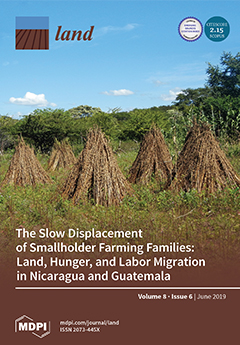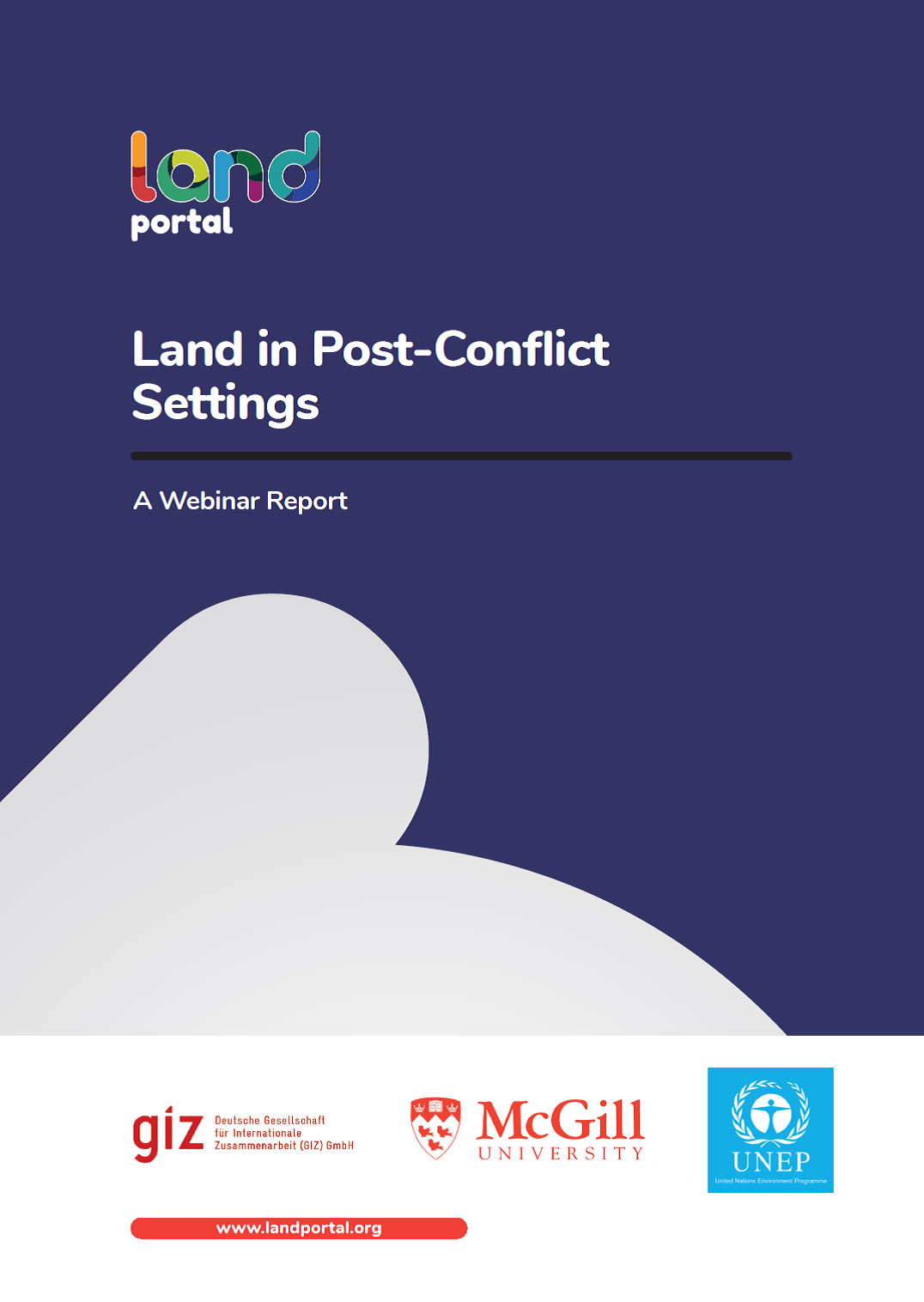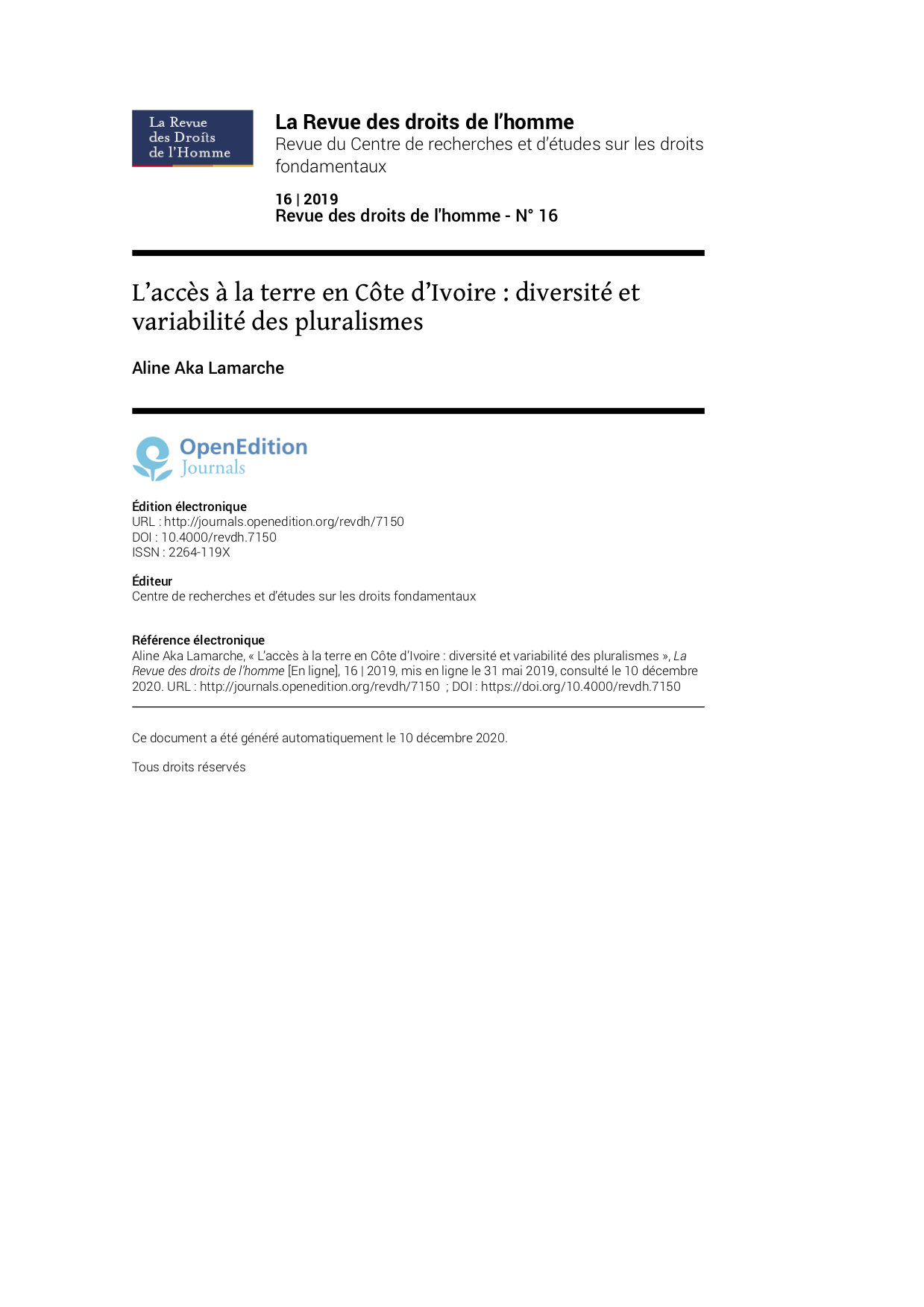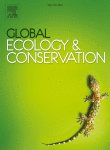Peacebuilding and Natural Resource Governance After Armed Conflict
This book argues that a set of persuasive narratives about the links between natural resource, armed conflict and peacebuilding have strongly influenced the natural resource interventions pursued by international peacebuilders. The author shows how international peacebuilders active in Liberia and Sierra Leone pursued a collective strategy to transform “conflict resources” into “peace resources” vis-à-vis a policy agenda that promoted “securitization” and “marketization” of natural resources.











